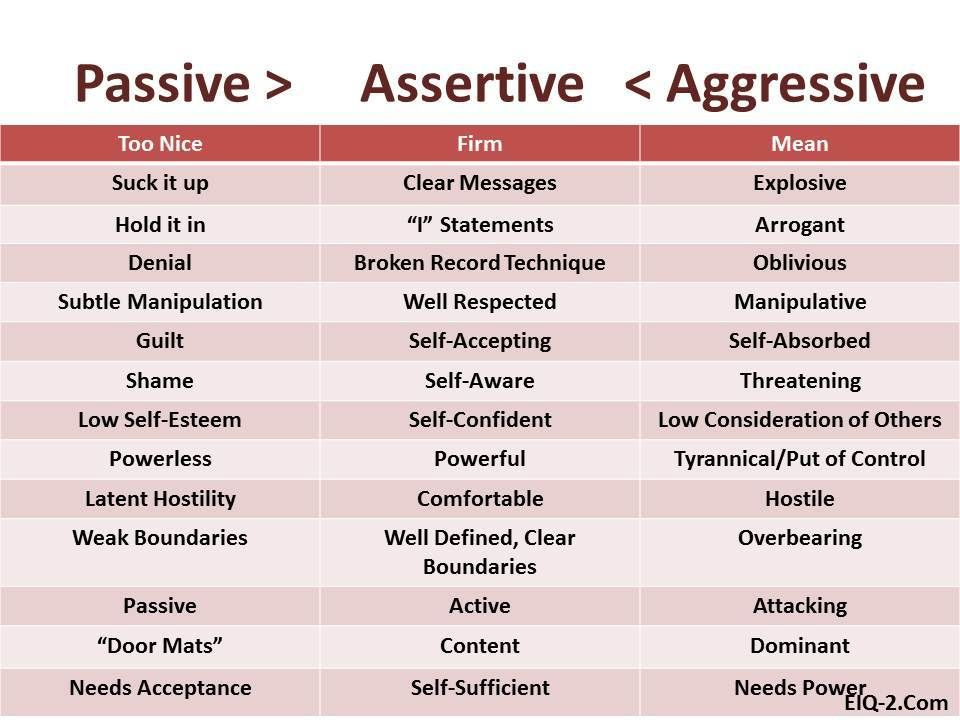How do you express your anger?
I’d like you to take a few seconds, maybe a minute or two to really think about the question in the title.
How do you express your anger?
Everyone gets angry and we either express this anger or suppress it. When you express your anger, how do you do so?
A person expresses their anger based on some factors. This is why Ana would express her anger in a different way than Jane would. Some of the factors that affect expression of anger include:
1. Childhood and upbringing
2. Environment
3. Personality trait
If you were brought up in such a way that you were around people that aggressively expressed anger, chances are you’d also express your anger in an aggressive way e.g. your parents yelling at each other or even getting physical. Also, if your guardian as a kid taught you to express your anger by being physical, you will most likely express your anger in a physical way. Also, if you're short-tempered, you’d definitely be aggressive when expressing your anger. This could be by banging the door or punching something.
Just with aggressive form of expression of anger, one can be passive also. For instance, if they grew in an environment where showing anger was frowned upon, they would actually grow up expressing anger in a passive way and people that express their anger passively are usually passive-aggressive in nature. Some examples of passive-aggressive behaviors are backhand compliments, blaming others, sabotaging efforts, playing victim and so on.
Anger can be expressed in three main ways
1. Passive anger
When you're angry but refuse to let it known that you're mad, instead you hide it or suppress it, you are simply expressing your anger in a passive way. You basically internalize this anger and you actually don’t let it go. There is a tendency to deny your own needs, emotions or opinions and accept blame. The anger is there, it just doesn’t show, however, it subtly shows, but in ways people might not exactly get or understand.
This could be in the form of holding a grudge or keeping malice. You could also sabotage the other person’s effort or gossip and spread rumors about them. If you find yourself doing all these or simply being passive-aggressive to them, your expression of anger is a passive one. Sometimes people could ask you if you're mad at them or about something but you’d say ‘I’m fine’ or ‘it’s okay’ when it really isn’t okay.
You express your anger passively when you fear that there will be conflict or you fear the outcome of them knowing you are angry. For instance, if I know my friend might not help me with something I want, chances are, I might not tell her I'm angry because I feel she will no longer help me. Or you simply don’t express your anger just to keep the peace but is there really peace when you internalize your anger and engage in passive-aggressive behaviours?
2. Aggressive anger
This is simply anger directed at the other person to hurt him/her emotionally, physically or psychologically. You simply lash out whether it’s by yelling, put-downs, or hitting someone.
3. Assertive anger
This is the best way to express your anger; it’s a healthy type of expression of anger. Unlike passive anger that hides anger or aggressive anger that hurts someone, assertive anger expresses anger in a direct and non-threatening way, still preserving respect for the other person.
Assertive anger involves letting the other person know you're angry by communicating how you are feeling, and try to understand what others are feeling also. It’s not an easy thing to do and it takes a lot of self-discipline and intentionality.
If Ana makes Jane angry because she refused to do the dishes especially having been told severally, instead of Jane holding in all that anger, or even shouting or hitting things, Jane can simply communicate how she feels about Ana’s behavior. She could say ‘I feel so angry that you still didn’t wash the dishes after I mentioned it severally. Why didn’t you do the dishes?’ and both Jane and Ana can talk about it some more to gain understanding.
When you deal with anger assertively, you demonstrate that you are mature and care about your relationships and yourself.
How should you express your anger?
Do so in an assertive manner.
Below is an infographic on the types of anger expression




